HM Revenue and Customs (HMRC) have plans to use a callers voice as their password in an effort to speed up phone calls.
In systems that are being used by banks, a customer’s voice recording is turned into encrypted biometric data, which is then used when they call to clear security checks. HMRC are planning to trial a system like this.
HMRC has come under heavy fire for the poor handling of its customer service phone lines. According to statistics, for January through November last year, the phone line went dead on almost 44,000 callers who had been waiting 70 minutes.
The Public Accounts Committee in their January report concluded that HMRC was deliberately running a poor phone service to try and get taxpayers to use online help instead. Last year, HMRC announced that they were closing their phone line altogether between April and September. However, they had to reverse that decision the next day after a backlash.
It seems that efforts are now being made to modernise the phone service and make it more efficient.
If you are having difficulty contacting HMRC or would like help in dealing with them, please call us and we would be happy to help you!
See: https://www.bbc.co.uk/news/articles/c07z5d0v79ko

A new website has been launched by the Department for Business and Trade (DBT) offering practical guidance and support on the changes that the Employment Rights Act will introduce and what they can do to get ready.

A leading think tank has criticised the fiscal rules that the Chancellor uses to determine the government’s tax and spending plans. The Institute for Fiscal Studies (IFS) has suggested that reducing complex finances to a pass‑or‑fail number misses the bigger picture.


